TRIMETHYL 1,2,3-PROPANETRICARBOXYLATE
Synonym(s):1,2,3-Propanetricarboxylic acid trimethyl ester, Tricarballylic acid trimethyl ester;Trimethyl 1,2,3-propanetricarboxylate
- CAS NO.:6138-26-7
- Empirical Formula: C9H14O6
- Molecular Weight: 218.2
- MDL number: MFCD00040552
- SAFETY DATA SHEET (SDS)
- Update Date: 2023-06-08 17:06:37
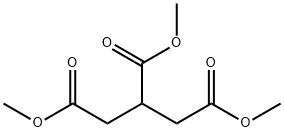
Properties of TRIMETHYL 1,2,3-PROPANETRICARBOXYLATE
| Boiling point: | 150 °C / 13mmHg |
| Density | 1.18 |
| refractive index | nD20 1.4398 |
| storage temp. | Store below +30°C. |
| form | clear liquid |
| color | Colorless to Almost colorless |
| CAS DataBase Reference | 6138-26-7 |
Safety information for TRIMETHYL 1,2,3-PROPANETRICARBOXYLATE
| Signal word | Warning |
| Pictogram(s) |
 Exclamation Mark Irritant GHS07 |
| GHS Hazard Statements |
H302:Acute toxicity,oral H315:Skin corrosion/irritation H319:Serious eye damage/eye irritation H335:Specific target organ toxicity, single exposure;Respiratory tract irritation |
| Precautionary Statement Codes |
P261:Avoid breathing dust/fume/gas/mist/vapours/spray. P305+P351+P338:IF IN EYES: Rinse cautiously with water for several minutes. Remove contact lenses, if present and easy to do. Continuerinsing. |
Computed Descriptors for TRIMETHYL 1,2,3-PROPANETRICARBOXYLATE
New Products
4-AMINO-TETRAHYDRO-PYRAN-4-CARBOXYLIC ACID HCL 4-(Dimethylamino)tetrahydro-2H-pyran-4-carbonitrile 4-Aminotetrahydropyran-4-carbonitrile Hydrochloride (R)-3-Aminobutanenitrile Hydrochloride 3-((Dimethylamino)methyl)-5-methylhexan-2-one oxalate 1,4-Dioxa-8-azaspiro[4.5]decane 5-Bromo-2-nitropyridine Nimesulide BP Aceclofenac IP/BP/EP Diclofenac Sodium IP/BP/EP/USP Mefenamic Acid IP/BP/EP/USP Ornidazole IP Diclofenac Potassium THOMAIND PAPER PH 2.0 TO 4.5 1 BOX BUFFER CAPSULE PH 9.2 - 10 CAP SODIUM CHLORIDE 0.1N CVS ALLOXAN MONOHYDRATE 98% PLATINUM 0.5% ON 3 MM ALUMINA PELLETS (TYPE 73) LITHIUM AAS SOLUTION 2-Bromo-1-(bromomethyl)-3-chloro-5-nitrobenzene 2-Bromo-3-nitroaniline N-(3-Hydroxypropyl)-N-methylacetamide 3-Bromo-6-chloropyridazine 4-ethyl-3-nitrobenzoic acidRelated products of tetrahydrofuran
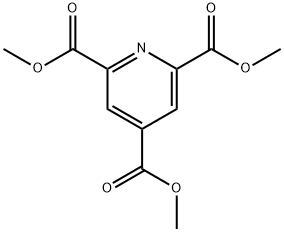


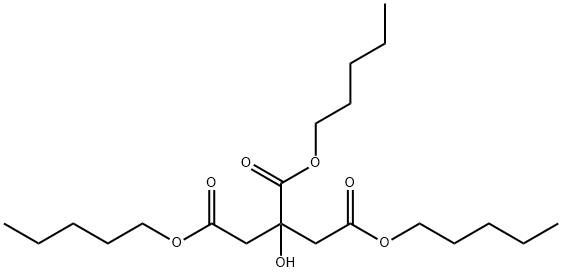
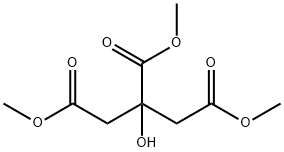
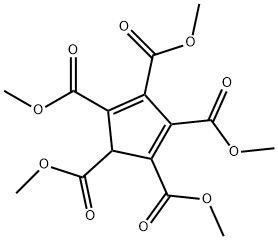

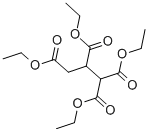
You may like
-
 Trimethyl 1,2,3-Propanetricarboxylate CAS 6138-26-7View Details
Trimethyl 1,2,3-Propanetricarboxylate CAS 6138-26-7View Details
6138-26-7 -
 Trimethyl 1,2,3-propanetricarboxylate 95% CAS 6138-26-7View Details
Trimethyl 1,2,3-propanetricarboxylate 95% CAS 6138-26-7View Details
6138-26-7 -
 1823368-42-8 98%View Details
1823368-42-8 98%View Details
1823368-42-8 -
 2-(3-(tert-butyl)phenoxy)-2-methylpropanoic acid 1307449-08-6 98%View Details
2-(3-(tert-butyl)phenoxy)-2-methylpropanoic acid 1307449-08-6 98%View Details
1307449-08-6 -
 Ethyl 3-(furan-2-yl)-3-hydroxypropanoate 25408-95-1 98%View Details
Ethyl 3-(furan-2-yl)-3-hydroxypropanoate 25408-95-1 98%View Details
25408-95-1 -
 2-Chloro-5-fluoro-1-methoxy-3-methylbenzene 98%View Details
2-Chloro-5-fluoro-1-methoxy-3-methylbenzene 98%View Details
1805639-70-6 -
 1784294-80-9 98%View Details
1784294-80-9 98%View Details
1784294-80-9 -
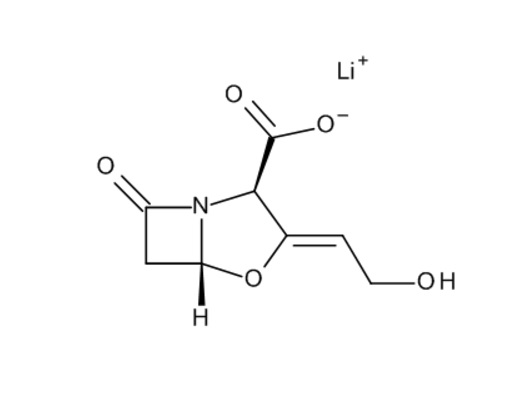 Lithium ClavulanateView Details
Lithium ClavulanateView Details
61177-44-4
Statement: All products displayed on this website are only used for non medical purposes such as industrial applications or scientific research, and cannot be used for clinical diagnosis or treatment of humans or animals. They are not medicinal or edible.